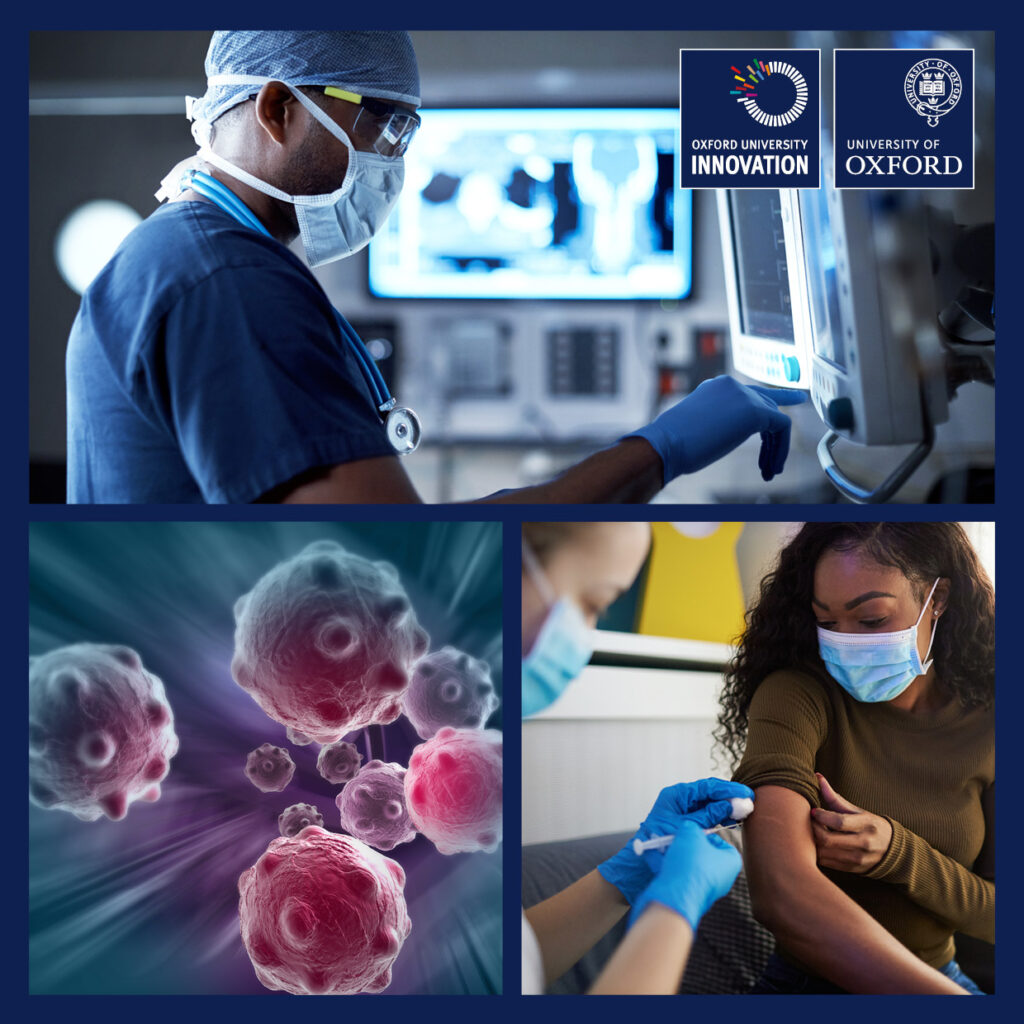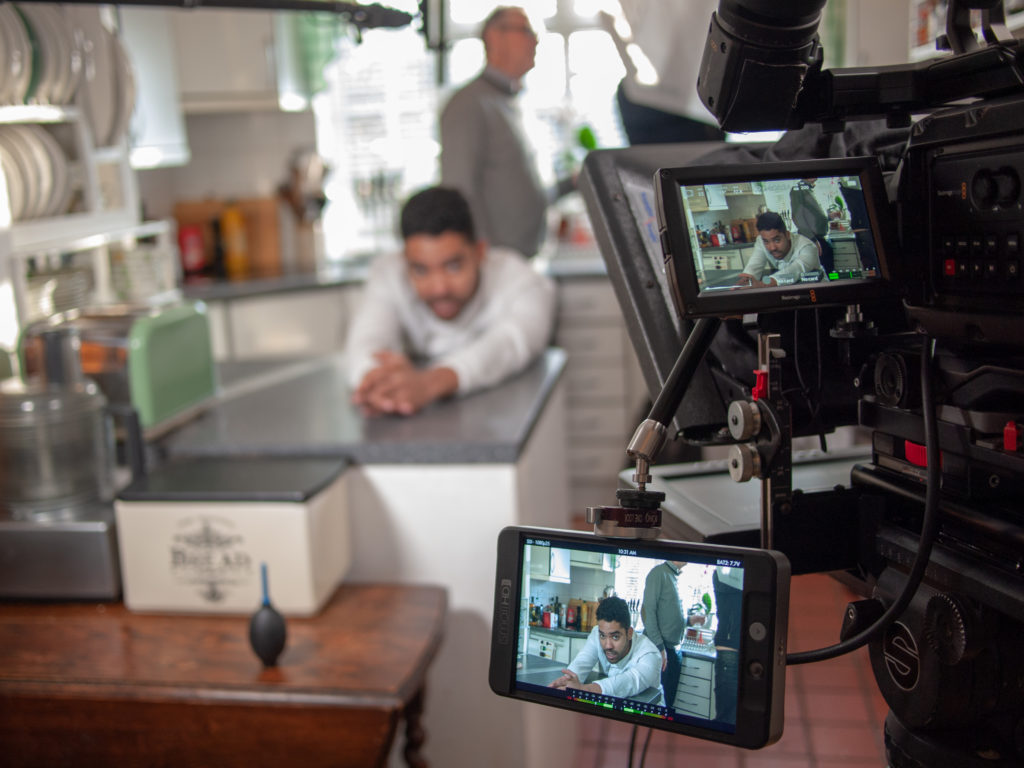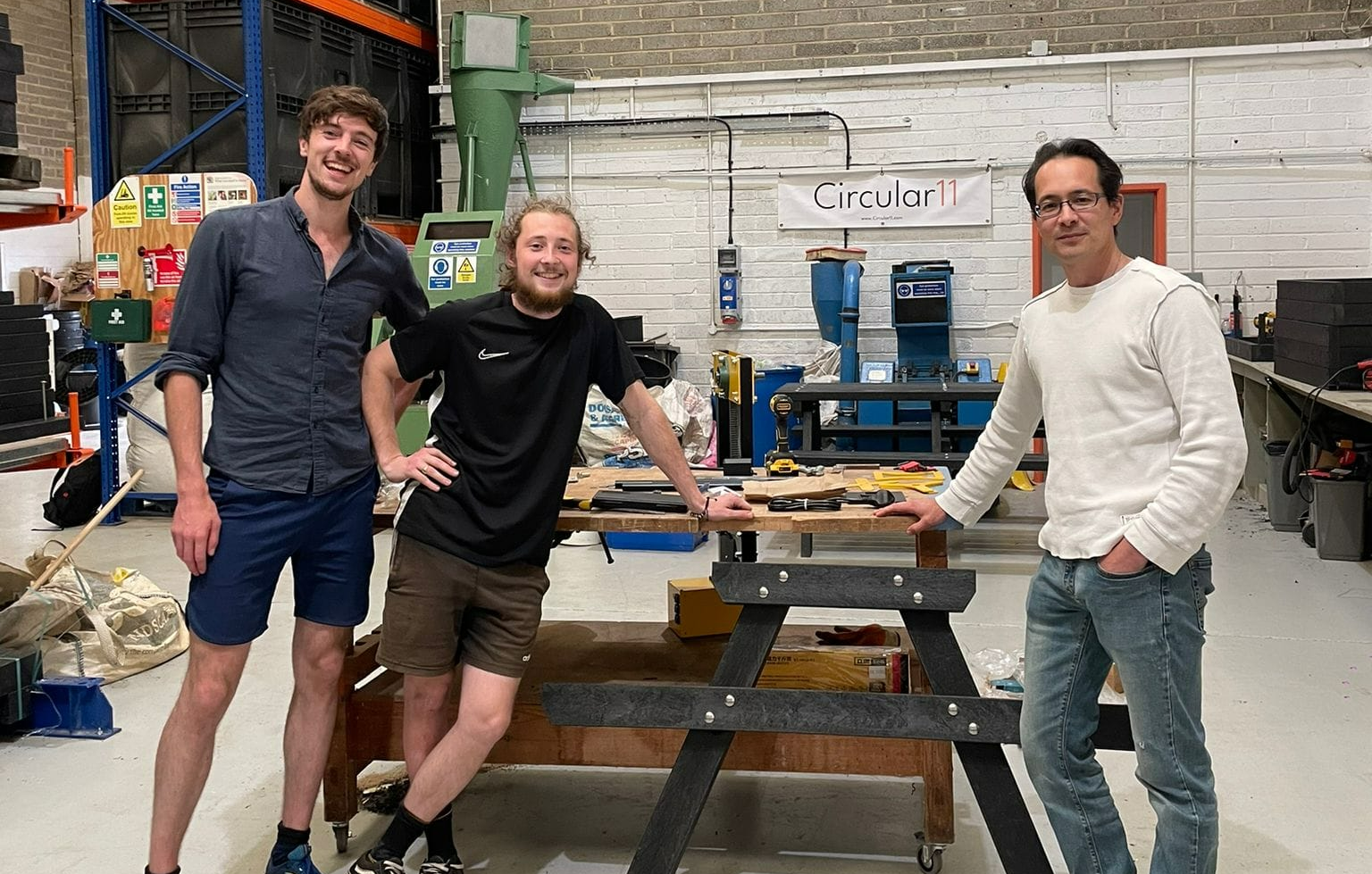Life Sciences at Oxford University

Before the pandemic started, it was always somewhat of a tongue-twister to explain how innovation in the life sciences worked at Oxford University. Now, we just have to say ‘vaccines.’
Yet, although the work of our colleagues in the Jenner Institute and our friends at AstraZeneca has proven particularly eye-catching, it is just the tip of the iceberg in not only vaccines emerging from Oxford University, but our life sciences output as a whole.
Professor Adrian Hill, Director of the Jenner Institute, begins most of his talks by stating that there has not been an invention that has saved more lives overall than the advent of vaccine technologies. As the past two years have reinforced, vaccines have helped drive down and in some cases entirely eradicate diseases which have plagued humanity throughout our existence.
Work continues at the University to use new vaccine technologies such as adenovirus-based vaccines, mRNA vaccines and immunotherapies. Alongside developing candidates to target COVID-19 in the future, our scientists and spinout companies are investigating related coronaviruses such as the original SARS and MERS, as well as universal flu vaccines, hepatitis, and a range of other conditions. Of particular note are oncology-focused vaccines, which give new hope into our collective, ongoing battle with cancer.
In the world of diagnostics, Oxford’s companies are offering artificial intelligence as an additional tool in the physician’s toolkit. We can now spot a heart attack five years before it happens, enable the rapid diagnosis of stroke, and diagnose dementia years before the symptoms take hold. Recently adding to our line-up in this space is Osler Diagnostics, a company looking to claim the holy grail of diagnostics with machines that can diagnose a whole range of conditions from a small blood sample.
The Oxford ecosystem is also home to Oxford Nanopore Technologies, a company which is empowering researchers and doctors around the world with DNA sequencing. In a matter of a few short years, the company transformed DNA sequencing from an expensive, resource-hungry task into a Star Trek-esque handheld tricorder, opening the door to endless possibilities.
We are also finding new ways to deliver the drugs of the future. With several billion dollars currently needed to bring new drugs to market, our academics and the companies they create are finding ways to speed up this process. We are currently developing new methods of drug delivery which could revolutionise pharmacology, and technologies which use AI to rapidly assess potential candidates.
We believe that the research conducted in the University and at the companies we create can and will have positive, transformative impact on the world at large. That’s why we’re continuing to expand our ecosystem to make room for these companies, with new innovation space in the heart of the city at the Clarendon Centre and Osney Mead, while looking to build new hubs on the outskirts of Oxford.
To find out more about Oxford’s life sciences and how our technologies and academic consultants can help transform your company, please contact Oxford University Innovation.
innovation.ox.ac.uk
Connect with us:
Linkedin: @Oxford University Innovation
Twitter: @OxUInnovation















